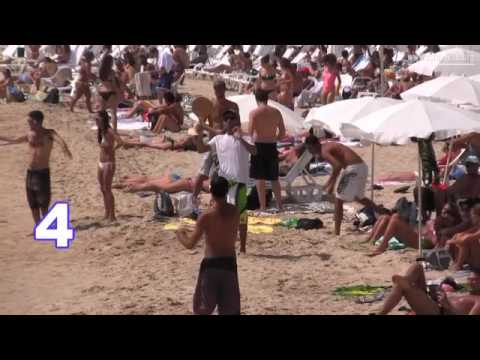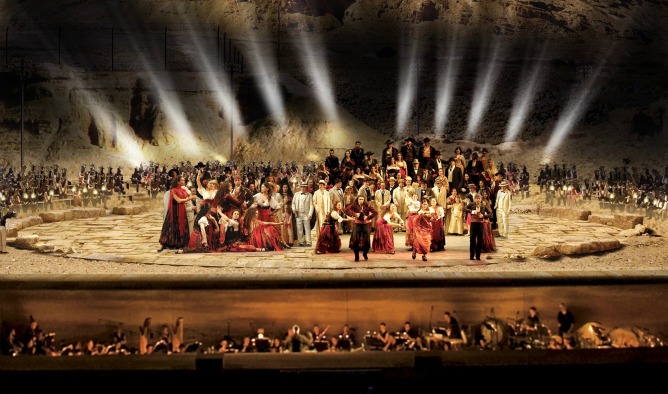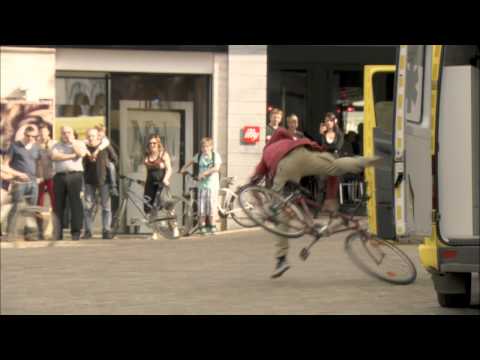Tel Aviv is the talk of the blogosphere this week, following CBS reporter Bob Simon’s declaration that the White City is “the” place to be. The segment on 60 Minutes fielded thousands of “likes” – and numerous criticisms – for showing off Tel Aviv’s young and hip population, its high-tech creativity, its liberal attitudes and its party scene.
The piece opens with Simon explaining the title of the segment ‘From Fear to Fortune: Tel Aviv’s Attitude.’ According to Simon, this is a city “bordered on all sides by danger” where residents “have learned how not to worry about tomorrow.”
Tel Aviv Mayor Ron Huldai tells Simon that Tel Aviv is “an island of sanity in this country.”
He and the American reporter set off to the beach and bike along the city’s boulevards.
Other talking heads in the piece include deputy mayor Asaf Zamir (interviewed outside a bar with drink in hand), journalist Gideon Levy, high-tech entrepreneur Yossi Vardi, actress Noa Tishby and TV personality Gal Uchovsky.
The 60 Minutes piece doesn’t really say anything new about the city. It serves up all the previous cliches with an added time warp back to the late 1990s.
On the plus side, it does show off some of Tel Aviv’s attributes to a wider audience.
In January, Tel Aviv was crowned one of the world’s most creative cities for its high-tech ingenuity. In this report, Vardi tells Simon that the city “has more high-tech startup companies than anywhere outside Silicon Valley. It is so far ahead of the curve, you can barely see the end of it.”
In Simon’s opening monologue about Tel Aviv, the name of the city is featured under a large rainbow. Earlier this year, Tel Aviv was chosen World’s Best Gay City.
And though the almost 12-minute segment focuses on the lighter side of this beach city, the CBS team gets a bit mixed up when politics are added to the mix. Perhaps the funniest line in the piece is when columnist Levy says, “There is no political debate in Israel, there’s no political debate about anything.” The next frame shows him walking around the social protest tents in Tel Aviv’s financial district (which makes me wonder if the film editors thought he was at a regular campsite).
Levy goes on to say that people don’t talk about politics because it “spoils the party.” But anyone who has ever lived in Israel – or even visited – knows that Israelis love talking politics, love a good argument, and wouldn’t call it a party if there was no opinionated debate.
A few other slip-ups: Tel Aviv is not Israel’s largest city, as Simon would have you believe; A majority of Jewish-Israeli mothers (and fathers) do not happily embrace the fact that their children are gay, as Uchovsky and Tishby will have you believe; and not all Israelis are drafted into the army at 18 – that’s what the Tal Law controversy is all about.
Yes, Tel Aviv is a great holiday destination. Yes, Tel Aviv is a fun city. Yes, Tel Aviv has a vibrant arts scene. Yes, Tel Aviv has a booming high-tech community. And yes, Tel Aviv is known as a bubble.
But watching the report, this Tel Aviv resident felt like it was an outsider’s view of the city as he would like it to be. For good and bad.















